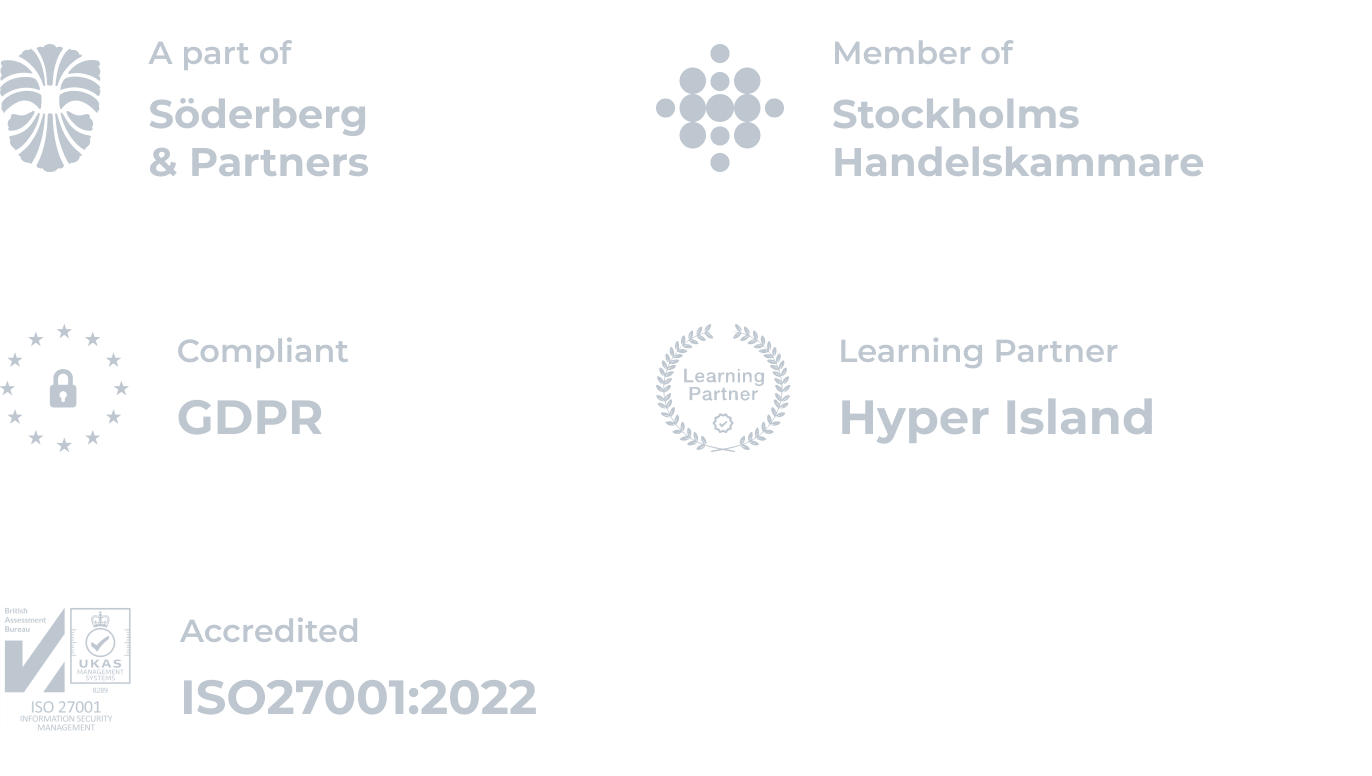As technological advancements become increasingly pervasive, digitalization has become an ever more central aspect of the workplace, particularly within Human Resources (HR). If you work in HR, you’ve likely witnessed how HR digitalization has revolutionized the way various employee-related processes are managed.
With this transformation, there are several aspects of the workplace affected, including the automation of tasks, increased employee control over their own development, and new opportunities for collaboration. Let’s delve deeper into how these aspects impact the work environment and employee well-being.
1. Automation of tasks
Digitalization within HR involves the implementation of HR systems and tools to automate routine and time-consuming tasks. This includes everything from payroll management to time tracking and absence management.
The automation of these processes has resulted in the freeing up of valuable time for the HR department, enabling the HR team to focus on more strategic and value-added activities.
For employees, it means a more efficient and seamless workflow, allowing them to dedicate more time to core business activities and their own development.

2. More control over personal development
The digital platforms and tools offered by an HR system provide employees with greater opportunities to take control of their own professional development.
Similar to how a benefits portal can increase awareness and accessibility of wellness benefits, digital learning platforms (Learning Management Systems, LMS) can offer tailored learning paths, e-learning, and micro-learning.
This enables employees to develop their skills and competencies at their own pace, leading to increased motivation and engagement. It also provides employees with the tools to shape their own career development, which is crucial in an era where lifelong learning is becoming increasingly important.
3. New opportunities for collaboration
In addition to enabling task automation and fostering increased control over personal development, digitalization has also enhanced accessibility to and created new forms of collaboration and interaction.
Tools for project management, social networks, and various platforms for virtual meetings have made it possible for teams to collaborate more effectively regardless of geographic location. This has led to more dynamic workgroups that can leverage a broader pool of talents and perspectives.
Moreover, digital tools can strengthen team cohesion by facilitating real-time knowledge sharing and feedback, thereby fostering a more inclusive and supportive work environment.

4. Challenges and considerations
While digitalization offers many advantages, it also brings along its fair share of challenges. Concerns about data privacy and cybersecurity are becoming increasingly important, and today, it’s crucial to be even more meticulous in safeguarding sensitive information.
The transition to digital tools and platforms typically requires significant change management and various training efforts to ensure that all employees feel comfortable and competent in handling the new systems and tools.
It’s also conceivable that future HR digitalization will involve intensified use of artificial intelligence (AI) and advanced machine learning, potentially transforming the HR function and the workplace at large in a more profound manner.
5. Conclusions and strategies for the future
HR digitalization has fundamentally transformed the workplace by not only streamlining processes but also providing employees with greater opportunities for development and creating new avenues for collaboration.
And just as the automation of routine tasks frees up time and resources, HR digitalization enables the streamlining of internal processes.
As the time and resources required for administrative tasks decrease, you can instead focus more on strategic planning, development, and innovation. To maximize these benefits, it’s important to remember to:
- Invest in and continuously update digital HR tools to ensure they meet both the company’s and employees’ needs.
- Encourage and facilitate employees to utilize digital resources for learning and development.
Implement a culture of digital collaboration, where HR systems, tools, and platforms are used to enhance communication and teamwork within teams.
- Educate employees and leaders to effectively use digital tools. This ensures that everyone can benefit from the opportunities offered in a safe and reassuring manner.
- Leverage the potential of HR digitalization to create a more engaged, motivated, and efficient workforce. Among the benefits, we see more than increased efficiency and innovation, as digitalization also contributes to a workplace where employee well-being is at the forefront.
For employees, automation results in a smoother workflow, giving them more time for core business activities and personal development. Ultimately, this contributes to a positive work environment where employees feel they have the space and resources to grow professionally.
Therefore, remember to handle the challenges that come with technological changes carefully, ensuring a positive, successful, and sustainable impact on the work environment.

Want to discover more?
Book a demo of Heartpace here!
Want to keep updated?
Subscribe to our blog posts, news and webinars here. We promise that we won’t overwhelm you with emails, nor will we never ever give your email address to anyone else!














